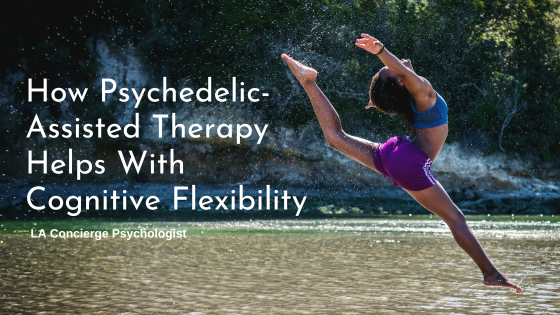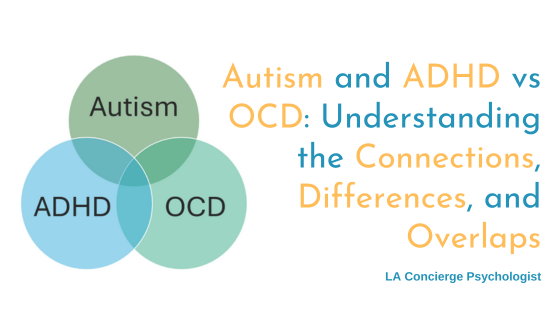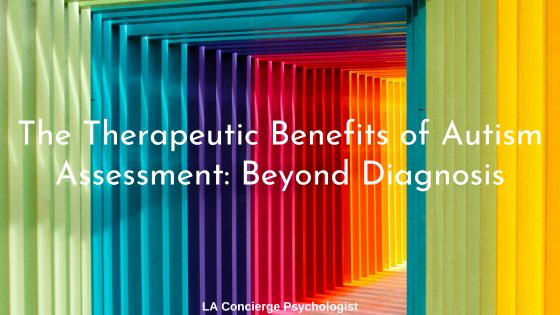Many people think friendship is something that just happens by chance. Making new friends can feel like a matter of rolling the dice and getting lucky. You either meet someone randomly by chance and you click, or you don’t. But that’s not how it actually happens. Adult friendships are all about initiation and intention. They require effort and a willingness to step outside of your comfort zone. The process can be difficult and frightening. But there are some strategies you can keep in mind that will help those early days of seeking new friends go much more smoothly. We review them for you below:
Be Intentional
For friendships to develop, people must be intentional about creating opportunities for connection. Whether it’s joining a club or organization, attending social events, or volunteering, you need to put yourself out there and be willing to engage with others. This takes a lot of vulnerability, and it’s scary. When initiating new friendships, there’s always the chance of be rejected. There’s no way to know what will happen, and it’s frightening to open up to a stranger enough to show them who you really are. This is especially true of neurodivergent people who likely have a history of being rejected by others. But this is how long-term friendships happen—putting yourself out there and taking chances.
Intentionally Find New People
You don’t have to just walk up to a stranger on the street (unless you want to). You can find situations that make initiating friendships easier. One approach is to join a club or group that aligns with your interests. This could be a book club, a hiking group, or a volunteer organization. You can also attend events or take classes in a subject that interests you. The good thing about options like this is that you’ll be with people you already have things in common with, and these types of events repeat.
If you take an on-going class, rather than a one-time workshop, you get exposed to the same people on a regular basis. This can make it easier to reach out because there’s some familiarity. In one research study, people said they liked someone better just because they saw them regularly, even if they hadn’t talked to them yet. This is called “mere exposure”. If you’re merely around, you will start to be viewed more positively. Mere exposure can’t be the last step you take towards finding friends, but it’s a great first or second one!
Intentionally Deepen Connections
Being intentional doesn’t mean you always have to expose yourself to new people. If that feels too daunting of a first step, maybe try deepening an already existing connection. For example, one way you can initiate friendships is by reaching out to people you already know, like acquaintances. If you’ve already talked to a work colleague about your common interest in Marvel movies, try actually reaching out and inviting them to go see the newest flick with you. You might be surprised by how many people say yes when someone else extends an invitation. And it can be a great way to turn that acquaintance into a great friend.
Intentionally Refresh Connections
Another strategy is to refresh and reconnect with people you were formerly closer to. For example, maybe you and your best friend from college drifted apart over the years. Nothing bad necessarily happened but time and distance may have weakened the bond over time. It can be surprising how often people enjoy hearing from “blasts from the past”. Sometimes refreshing these connections can lead to renewed closeness.
Assume People Like You
It’s easy to fall into the trap of thinking that people don’t like us or that we’re not good enough to be accepted by others. However, this kind of negative self-talk can be damaging. For many, it’s often not rooted in reality. Research shows that people tend to like us more than we think they do. This phenomenon is known as the “liking gap”. It refers to the fact that we underestimate how much other people like us. Research also shows that, when we think people like us, we actually come off more likable. When you approach social situations with a positive mindset and assume that others are interested in getting to know you, you create a more welcoming and inviting energy that helps to build connections with the people around you.
Sometimes insecurities or negative self-talk make it harder for us to believe that people simply like us. This is when the liking gap is at its worst. It can cause us to misinterpret other people’s behavior during an interaction, which makes us assume that they don’t like us. If you find this happening to you, try to take a step back and ask yourself if you think that because you’re socially anxious, because of past trauma, or because it’s actually true. Notice the other person’s behaviors. If you can’t name which behaviors are giving you that feeling, there’s a good chance your brain is playing tricks on you that come from self-doubt and social anxiety. It’s okay if you’re still anxious. Just recognizing that it’s coming from your brain and not the other person can go a long way to making the interaction more comfortable.
Overcome Overt And Covert Avoidance
Initiating friendships is terrifying for a lot of people. It’s hard to show up and engage when rejection seems so possible, and vulnerability feels so frightening. But, the simple fact is that you can’t make friends if you don’t engage in the first place.
Sometimes avoidance gets in the way of our efforts to make friends. There are two categories of this avoidance: overt and covert. Both types are created by social anxiety, and both make it so much harder to make friends.
Learn tips on how to manage amygdala-driven anxiety here.
Learn tips on how to manage cortex-driven anxiety here.
What is Overt Avoidance?
Overt avoidance means you are engaging in behaviors like not showing up to gatherings or saying no to invitations. This is meant to dodge anxiety-inducing situations altogether. Unfortunately, in reality, it will make anxiety stronger. And, on top of that, people will start assuming that you’re not interested in spending time with them or being their friend and they will stop reaching out. Not because they don’t like you, but because they assume you don’t like them.
What is Covert Avoidance?
Covert avoidance is when you are physically present but mentally checked out. This might look like playing on your phone through most of a party, moving around and not engaging people in conversations, or spending all your time with the host’s pet. No one blames you for that; pets are great, and small talk can suck. But being mentally checked out is not going to help you make any connections or friends at the event. It’s also going to be more stressful because you’re already stressed from being at the event and then adding the stress of mentally avoiding the event on top of that. It’s better to try to be present and stay engaged. It might be frightening, but it’s much more likely to produce positive friendship results.
A Supportive Professional Can Help You Make New Friends
Making new friends can be a daunting task, but it’s not something that happens by chance. To create new friendships, you have to put in the work. Whether it’s starting a conversation, asking someone out for coffee, or joining a social group, be proactive in meeting new people. Try to fight your fears that people don’t like you by assuming they do, and try fully engaging when you are around people you want to know. It sounds overwhelming, but it will likely get easier with time.
Ultimately, the key to making new friends is to be patient with yourself and reach out to the people around you. Building meaningful relationships takes time, effort, and vulnerability. By using these strategies and being intentional about building friendships, you can create a more fulfilling and satisfying social life.
If you struggle to make friends, and you want to learn how to take initiative in your friendship journey, the therapists at our office can assist you. We will support you as you work through your social anxieties, and we will help you find the best and most authentic ways for you to engage in the process of making friends. Send us a message to start getting the support you need. You can also book a 20-minute consultation call with one of our clinicians: Dr. Barajas or Dr. Goldman.



